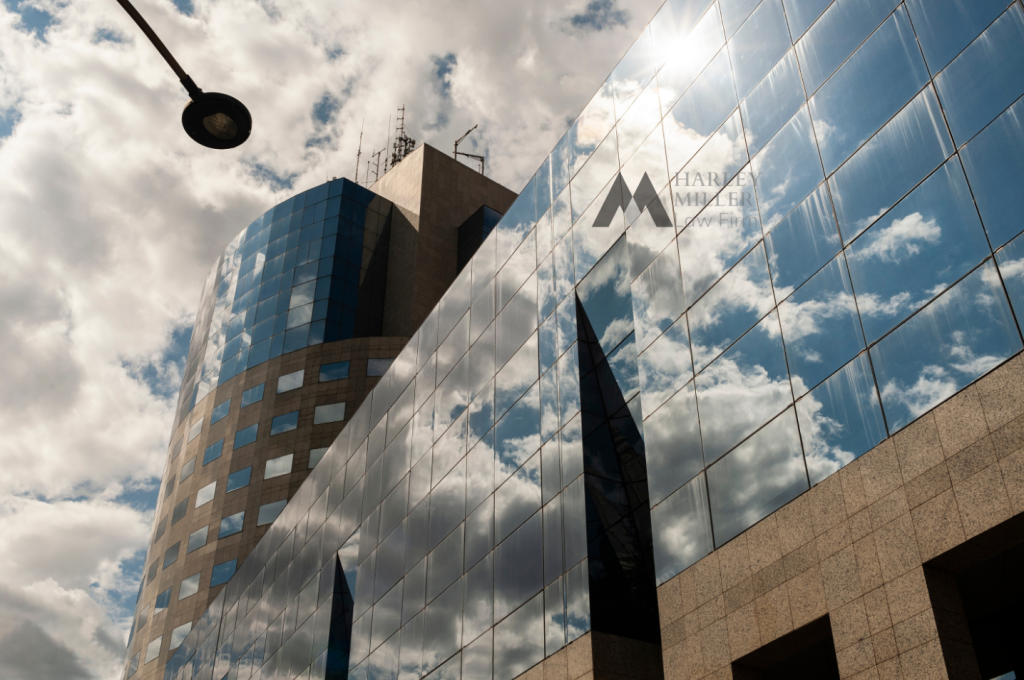Foreign Direct Investment (FDI) has had a significant impact on Vietnam’s economy, particularly in terms of projects and land usage. Over the years, Vietnam has emerged as an attractive destination for FDI, attracting numerous multinational corporations to set up their projects in the country. These FDI enterprises have not only brought in capital and technology but have also played a crucial role in shaping the country’s land usage and development. From mega infrastructural projects to industrial zones, FDI enterprises have transformed vast expanses of land, creating new opportunities for employment and economic growth. This article intends to explore regulations on land usage patterns of FDI enterprises in Vietnam

Forms of land use
Foreign-invested enterprises are recognized as the subjects of land use according to Clause 7 Article 5 of the Land Law 2013. This encompasses enterprises with 100% foreign investment capital, joint venture enterprises, and Vietnamese enterprises in which foreign investors acquire shares, or merge or acquire as outlined in the investment law.
Various forms of land use by foreign-invested enterprises are as follows:
+ Foreign-invested enterprises can acquire land from the State of Vietnam through a one-time payment of land use levy for the entire lease period. This is applicable for investment projects involving the construction and sale or sale and lease of houses.
+ Foreign-invested enterprises can also lease land from the State of Vietnam for projects related to agricultural production, forestry, aquaculture, salt making, non-agricultural production and business activities, construction of public works for commercial purposes, as well as housing investment projects for lease. Renting the land can do annually or through a one-time payment for the entire lease period.
The period of land use
The State of Vietnam designates or leases land for a specific period, known as the land use period. As per the Land Law, foreign-invested enterprises interested in executing investment projects in Vietnam will have the duration of their land allocation or lease determined and decided based on their investment projects or application for land allocation or lease. It is important to note that the maximum duration allowed is 50 years.
The land allocation or land lease period for projects with large investment capital but slow capital recovery, investment projects in areas with difficult socio-economic conditions, and areas with extremely difficult socio-economic conditions that require a long period, shall not exceed 70 years.
Based on the project’s duration, the investor determines the time limit for land allocation in projects involving housing business for sale, sale in combination with lease, or lease purchase. The State of Vietnam will consider extending the land use term for foreign-invested enterprises if they have a need, but not exceeding the maximum terms stated above.

The conditions for receiving land allocation or lease from the Vietnamese government
The Land Law 2013 and Decree No.118/2015/ND-CP outline the requirements for foreign-invested companies to be eligible for leased land allocation by the Vietnamese government. These conditions include having sufficient financial capacity to ensure land use in accordance with investment project progress. Specifically, they must have their own capital that is at least 20% of the total investment for projects with a land use scale below 20 hectares or at least 15% of the total investment for projects with a land use scale of 20 hectares or more. Additionally, they should be capable of obtaining capital from credit institutions, foreign bank branches, and other organizations and individuals for project implementation.
The law on investment requires that deposits are made as follows:
+ Deposit level for projects with investment capital up to 300 billion VND is 3%.
+ The deposit level for capital ranging from 300 billion VND to 1000 billion VND is 2%.
+ The deposit level for capital exceeding 1000 billion VND is 1%.
+ The investment capital mentioned above for the project does not cover the land use levy, land rent paid to the State of Vietnam, and construction costs of public works under the investment project. Moreover, for investment projects where the State of Vietnam assigns or leases land in stages, the deposit level is determined according to the investment capital of the project corresponding to each stage of land allocation or land use.
Nonetheless, there are instances where foreign-invested companies do not need to place a deposit. These exceptions include circumstances involving the ownership of land use rights through winning an auction or winning a tender for an investment project that involves land, as mandated by bidding laws. Another exemption is when the State allocates or leases land to a company that has received a transfer of an investment project, provided that the project has already placed a deposit or fulfilled the required capital contribution or capital mobilization as outlined in the investment registration certificate or investment policy decision document.

Land aquisition
After the State of Vietnam allocates or leases the land, the investor is required to put it into use within 12 months. In case of a delay in the investment project, the investor must put the land into use within 24 months from the scheduled deadline.
If the land cannot be put into use, the investor can extend it for another 24 months and must pay the State of Vietnam an amount corresponding to the delay time. And if the extended term expires, but the foreign-invested enterprises still have not put the land into use, the State of Vietnam shall recover the land without compensation for land and land-attached assets, unless force majeure.
Conclusion
Overall, the projects and land usage of FDI enterprises in Vietnam have played a significant role in the country’s economic development and transformation. These investments have attracted capital, technology, and expertise to various sectors, contributing to job creation, increased productivity, and improved infrastructure. While there have been challenges and concerns regarding land acquisition and sustainable land usage, the Vietnamese government has implemented policies and regulations to address these issues and promote responsible investment practices. With continued support and collaboration between the government, FDI enterprises, and local communities, it is hopeful that future projects will uphold environmental standards, ensure equitable land distribution, and foster sustainable development for the benefit of both Vietnam and its people.
HMLF is always available to offer assistance in understanding the procedures with authorities.

Harley Miller Law Firm “HMLF”
Head office: 14th floor, HM Town building, 412 Nguyen Thi Minh Khai, Ward 05, District 3, Ho Chi Minh City.
Phone number: +84 937215585
Website: hmlf.vn Email: miller@hmlf.vn





